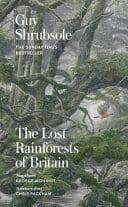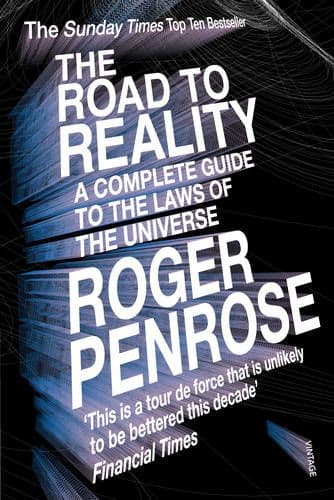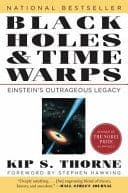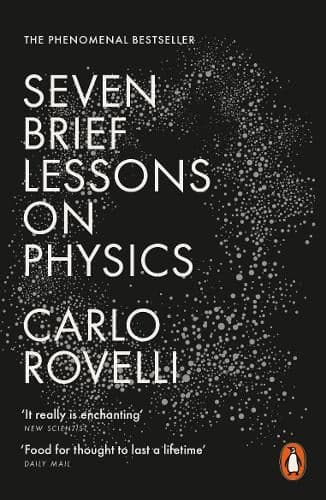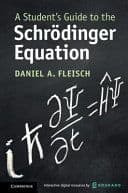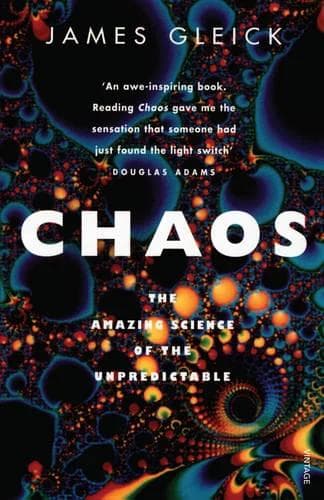
Chaos
‘An awe-inspiring book. Reading Chaos gave me the sensation that someone had just found the light-switch’ - Douglas Adams
DIFFICULTY
intermediate
PAGES
368
READ TIME
≈ 500 mins
DIFFICULTY
intermediate
PAGES
368
READ TIME
≈ 500 mins
About Chaos
Chaos is about a simple but unsettling idea: in many natural systems, strict rules yield behaviour that looks wild, yet hides its own logic.
Gleick tells how a small band of researchers used new computers to expose the “butterfly effect”, strange attractors and fractal geometry—patterns that repeat at every scale—in weather, dripping taps, heartbeats and ecosystems. He shows that supposedly noisy transitions, like the onset of turbulence or a population boom-and-bust, obey crisp numerical regularities and elegant geometric structures.
This isn’t maths for its own sake; it’s a new way of seeing. If tiny causes can amplify, prediction has limits—but insight doesn’t. Chaos sharpens how we think about risk, modelling and complexity, from climate to markets to medicine, and invites you to recognise hidden order in the messiness of the world.
What You'll Learn
- The core ideas of chaos theory and nonlinearity
- The sensitive dependence on initial conditions (“butterfly effect”)
- Key concepts: strange attractors, fractals, and bifurcations
- How chaos applies across weather, biology, and economics
- The pioneers: Lorenz, Feigenbaum, Mandelbrot, and Smale
Key Takeaways
- Determinism can yield unpredictability
- Tiny differences can explode over time
- Strange attractors organize chaotic motion
- Fractals reveal self-similar structure in nature
- Universality links diverse nonlinear systems
More in natural-science


